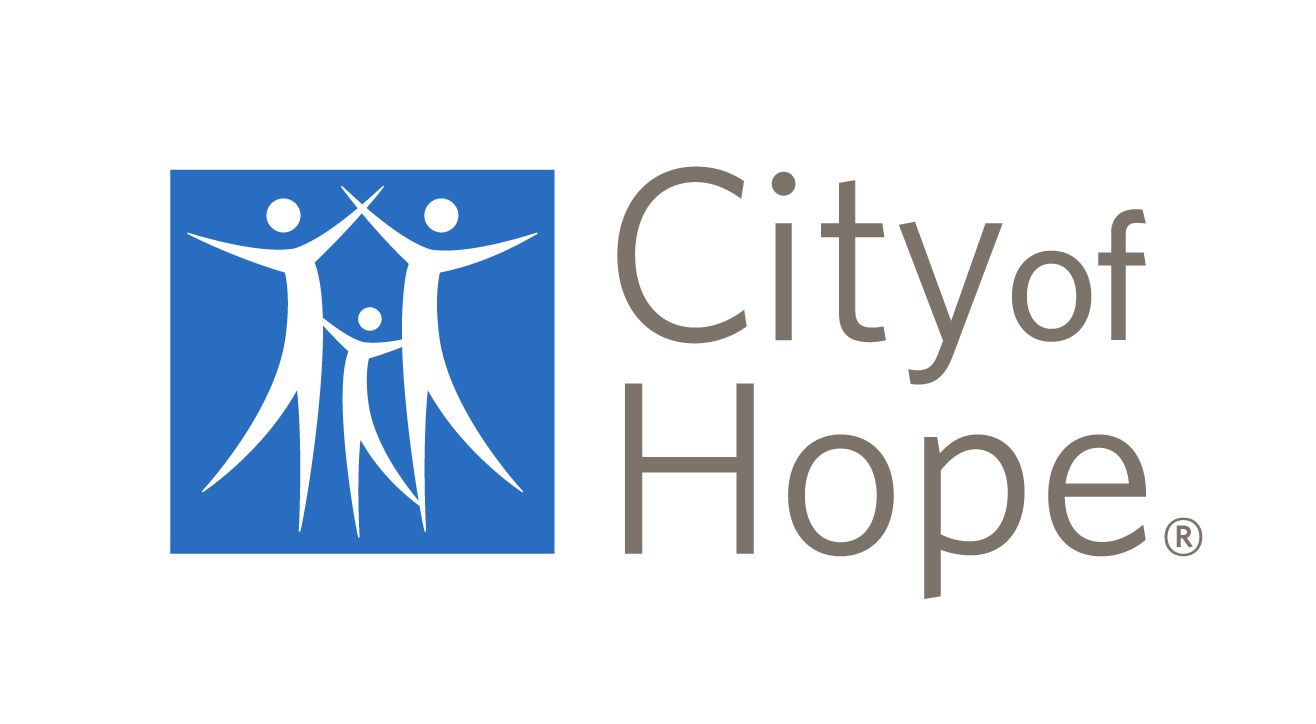- Advertise
- About OncLive
- Editorial Board
- MJH Life Sciences brands
- Contact Us
- Privacy
- Terms & Conditions
- Do Not Sell My Information
2 Clarke Drive
Suite 100
Cranbury, NJ 08512
© 2025 MJH Life Sciences™ and OncLive - Clinical Oncology News, Cancer Expert Insights. All rights reserved.
Dr. Siddiqi on Rationale for the TRANSCEND CLL 004 Trial in CLL/SLL
Tanya Siddiqi, MD, discusses the rationale for the phase I/II TRANSCEND CLL 004 trial investigating the use of the CAR T-cell therapy lisocabtagene maraleucel in patients with relapsed/refractory chronic lymphocytic leukemia or small lymphocytic lymphoma.
Tanya Siddiqi, MD, director, Chronic Lymphocytic Leukemia Program, Toni Stephenson Lymphoma Center, associate clinical professor, Department of Hematology & Hematopoietic Cell Transplantation, and a hematologist/oncologist at City of Hope, discusses the rationale for the phase I/II TRANSCEND CLL 004 trial (NCT03331198) investigating the use of the CAR T-cell therapy lisocabtagene maraleucel (liso-cel; JCAR017) in patients with relapsed/refractory chronic lymphocytic leukemia (CLL) or small lymphocytic lymphoma (SLL).
Although the introduction of chemoimmunotherapy into the treatment paradigm has improved patient responses, CLL remains an incurable disease, says Siddiqi. Novel agents like ibrutinib (Imbruvica) or venetoclax (Venclexta) may achieve undetectable minimal residual disease (MRD) in patients; however, fixed-duration treatment or monotherapy with these drugs will not reliably keep patients MRD-negative, adds Siddiqi.
With the TRANSCEND CLL 004 trial, investigators set out to answer the question of whether there was a way to help these patients achieve undetectable MRD and cure them of their disease, explains Siddiqi.
Investigators set out to see whether they could create CAR T cells from the patients’ T-cells and modulate their immune systems to target CD19-positive CLL cells, explains Siddiqi, just as they had done for patients with aggressive lymphomas in the past.
Results from the trial showed that 88% of patients responded to the therapy 30 days into the study. The overall response rate was 83%, which was maintained for 6 months. Moreover, 67% of patients had undetectable MRD by day 30. Further follow-up data are anticipated later this year.


